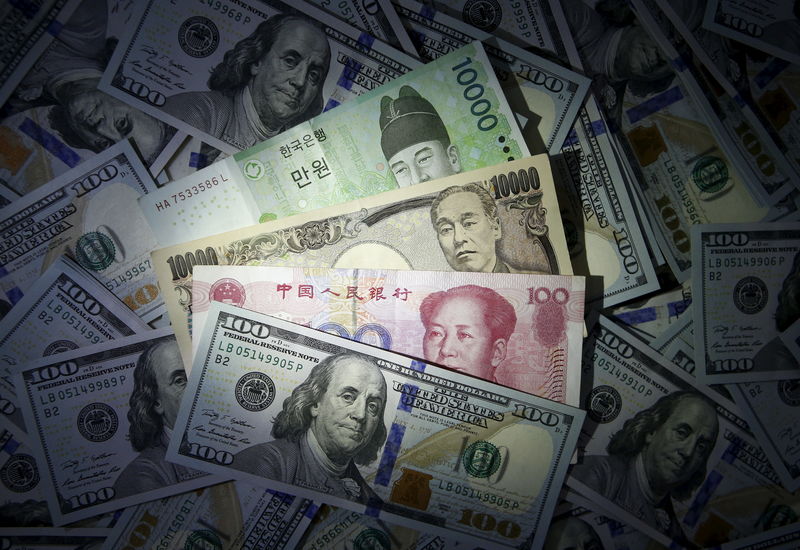(Bloomberg) -- Sign up here to get the latest updates on the Russian invasion of Ukraine. You can also follow us on Telegram here.
Ukraine said international aid will exceed an estimated $15 billion after Russia’s invasion, a vital source of money as the country’s economy runs at about half its normal output.
The figure is roughly equivalent to 8% of Ukraine’s gross domestic product. National Bank of Ukraine Governor Kyrylo Shevchenko said on Thursday the sum was the total for financial, technical and humanitarian aid and that a third of it would go to the state budget. Monetary policy makers also delayed a scheduled decision on interest rates, as Russian troops continued their assault on the capital Kyiv and other cities.
“Definitely there is huge strain on our public finances, on the public reserves of the central bank and definitely we need the support of the global community to keep our finances viable and to support us in our fighting against Russia,” Shevchenko’s deputy, Serhiy Nikolaychuk, told Bloomberg Television.
Preliminary estimates show daily GDP is at about half what it was under “peaceful conditions,” he said.
Like its people, Ukraine’s economy is coming under unprecedented pressure as Russian forces press a violent advance from the north, east and south. The World Bank said on Tuesday that it’s working with the International Monetary Fund in preparing $3 billion of funding for the embattled country.
Ukraine on Tuesday sold 8.1 billion hryvnia ($277 million) of war bonds, part of crowdfunding measures to raise cash to help the armed forces and civilians. Ally nations, meanwhile, have vowed to continue targeting Russia’s economy in a bid to restrain President Vladimir Putin, though his military campaign is showing no signs of abating.
President Volodymyr Zelenskiy also said Russia will eventually pay financially for the war. “We are saying to Russia, learn about reparations and indemnities, because you will compensate us for everything you’ve done against us. Against every Ukrainian, in full,” he said.
Interest Rates
The benchmark cost of borrowing remained at 10%, the central bank said. It added that it remains committed to inflation targeting and will resume regular monetary policy meetings once the economy normalizes.
Shevchenko added that authorities would return the foreign exchange market to business-as-usual as soon as possible, although that might happen over several phases.
“After Ukraine is freed from Russian invaders and the economy is back to operating according to market-driven principles, the NBU will return to its traditional inflation-targeting mode with a floating exchange rate,” the bank said in the statement.
Mykhailo Demkiv, an analyst at ICU in Kyiv, said the delay made sense, as addressing inflation was an extreme challenge in the midst of a war. “It is really hard to tackle inflation when the country has to combat the enemy army,” Demkiv said. “Therefore decision to postpone the decision seems logical, but the NBU will have to act after the war is over.”
Russia, whose offensive has been greeted by a barrage of sanctions, the freezing of foreign reserves and the targeting of its own central bank, doubled benchmark borrowing costs to 20% and imposed capital controls on Monday.
Ukraine has grappled repeatedly with Russian aggression since a revolution toppled Kremlin-backed leader Viktor Yanukovych in 2014. During the conflict that Putin fomented following his annexation of Crimea the same year, Ukraine hiked rates to as high as 30% and restructured its foreign debt.
©2022 Bloomberg L.P.
